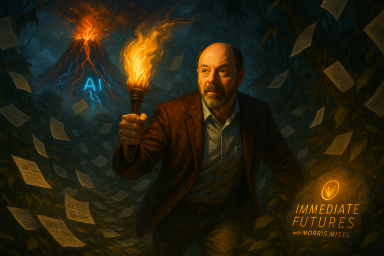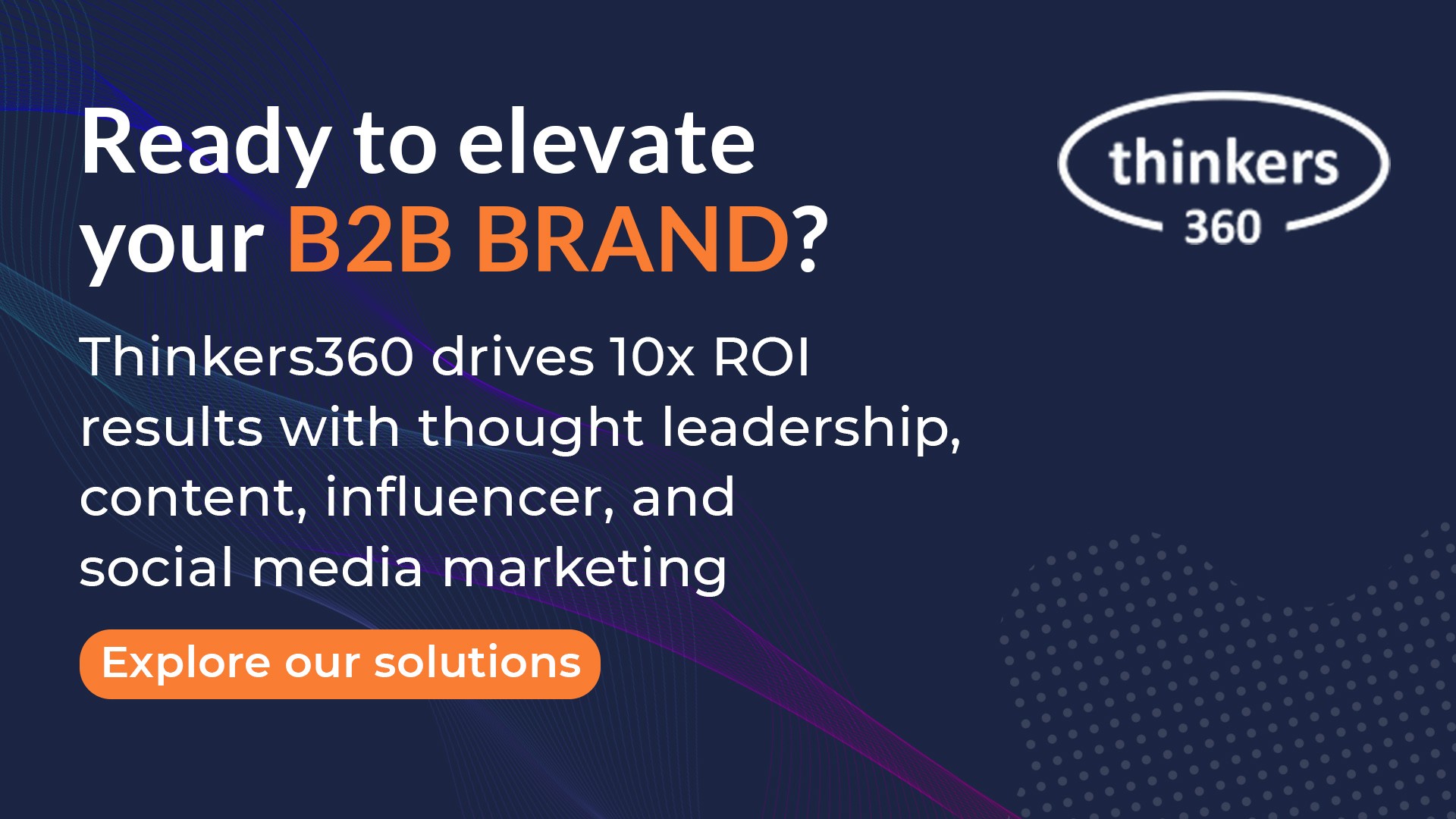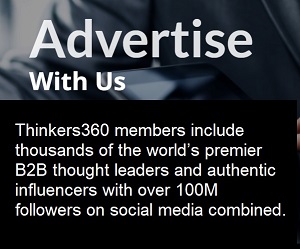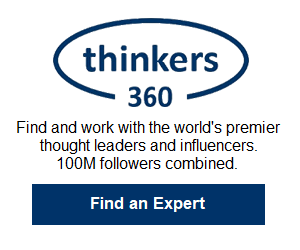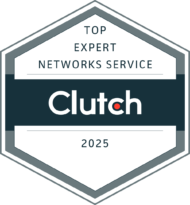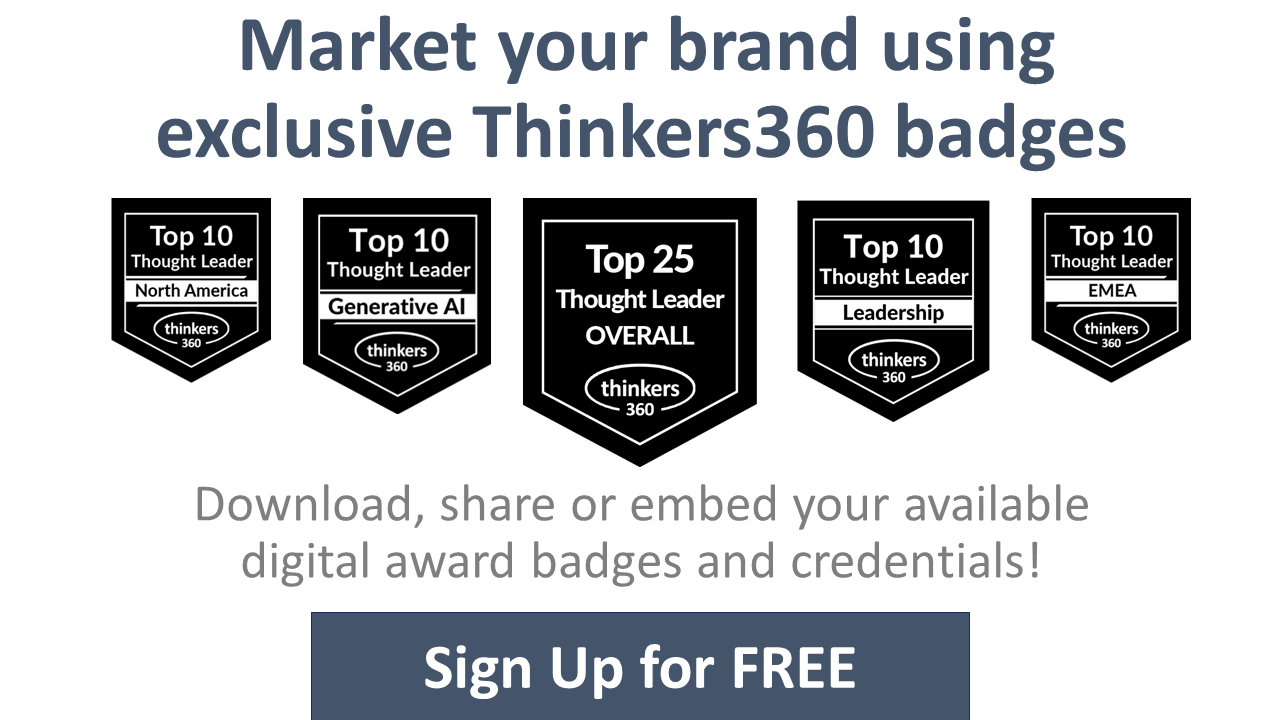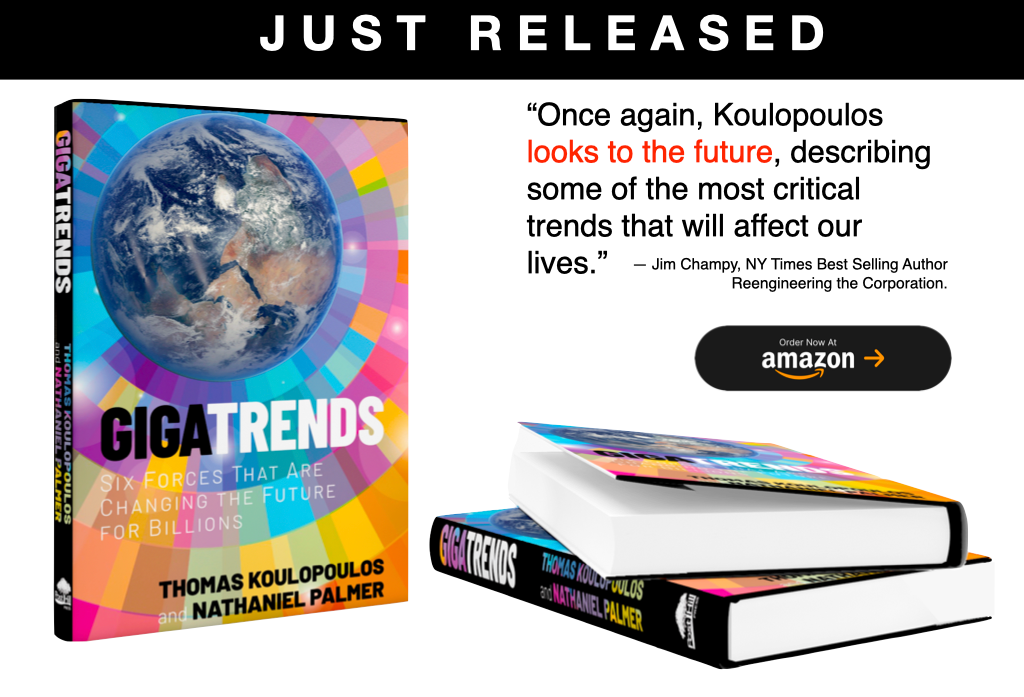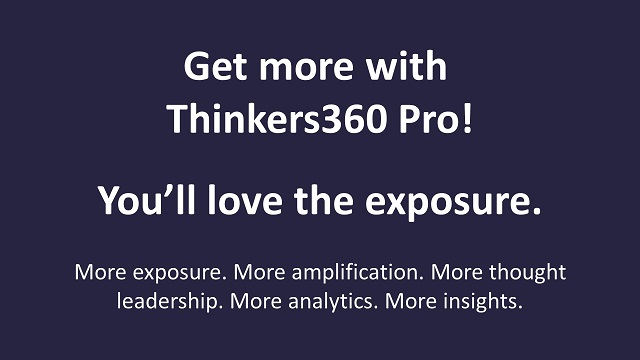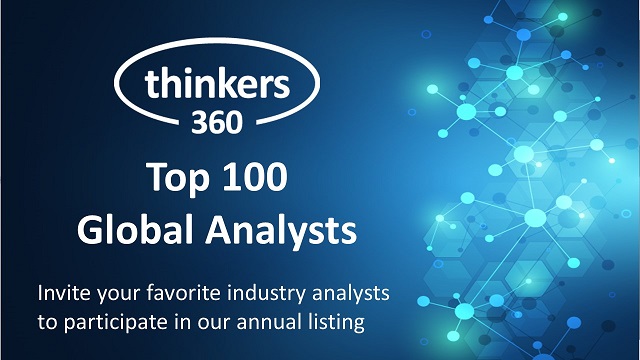The AI Productivity Paradox: Why More Output Isn’t Wisdom
Slide decks piling up. Reports no one reads. AI-generated outputs that look smart but don’t move decisions forward.
It feels like progress.
But it isn’t.
Harvard Business Review has called this flood of AI content workslop. A name for the growing sense that technology is producing more, but leaving us stuck.
Workslop isn’t the disease.
It’s the symptom.
The deeper issue is the AI productivity paradox: we’ve automated intellect, not wisdom.
From Parkinson’s Law to AI Overload
This isn’t new. Decades ago, Parkinson’s Law described how work expands to fill the time available. We’ve always filled days with the theatre of busyness.
Generative AI has put that law on steroids.
Now the volume is infinite, and the theatre looks productive while masking what actually matters.
From Information to Wisdom
Here’s the distinction leaders can’t afford to miss:
Information fills our storage — inboxes, servers, archives.
Knowledge is what search engines and AI engines assemble and repackage.
Intellect is what generative AI produces fast, personalised, amplified responses that look clever but remain surface-level.
Wisdom is human. It’s questioning, disagreeing, reflecting, growing. It’s judgment.
AI has automated intellect. And that’s why leaders are drowning in outputs that appear valuable but lack meaning.
The Ripple Effects
This isn’t just frustrating. It has ripple effects across organisations:
Decision paralysis - too much content, not enough clarity.
Cultural erosion - employees wonder if their work matters.
Trust collapse - clients and colleagues doubt the quality of what’s produced.
PTFA - Past Trauma, Future Anxiety - wasted effort today becomes tomorrow’s fear of irrelevance.
The productivity paradox isn’t about speed. It’s about trust, culture, and leadership.
Decision Trust Zones
In my Who Decides 2025 report, I set out the need for Decision Trust Zones, clear boundaries for how we use AI.
Automate: let AI handle information and first drafts.
Augment: combine human wisdom with AI intellect to test ideas and explore options.
Human only: context, meaning, judgment.
Workslop emerges when these lines blur. When intellect outputs are mistaken for wisdom, leaders lose the ability to act with clarity.
HUMAND: Rethinking Work
This also ties into my HUMAND™ framework: the future of work is about Humans, Machines, and AI each doing what they do best.
Humans: empathy, creativity, wisdom.
Machines: strength, scale, consistency.
AI: speed, synthesis, intellect.
The productivity paradox happens when we misallocate. When we expect AI intellect to provide human wisdom, or when humans are reduced to validating machine speed.
What Leaders Can Do Now
Here are three immediate steps:
Reframe productivity - less about volume, more about meaning.
Audit your HUMAND mix - decide what belongs to humans, machines, and AI.
Redraw Decision Trust Zones - clarify what’s automate, augment, or human-only.
This is how organisations move from drowning in outputs to acting with foresight.
Bigger Than AI
This isn’t an AI problem. It’s a leadership problem.
The assembly line changed work. Email changed work. Now AI is reshaping work.
The leaders who thrive won’t be those who tolerate busyness.
They’ll be those who reclaim wisdom.
About Morris Misel
Morris Misel is a futurist and foresight strategist trusted by leaders across 160 industries.
Recognised with nine international awards for influence and thought leadership, including being named to the APAC Top 100 — and heard by millions each year in the media and onstage, he helps organisations clear the noise, reclaim wisdom, and prepare for what’s next through advisory, keynotes, and workshops.

